The Royal Academy of Music’s end-of-term opera can always be looked forward to because it never disappoints: the repertoire is enterprising, the musical performance is invariably on a high level, and the productions are almost always sane and unpretentious: qualities that can’t be relied upon in more prestigious houses. This term’s production(s) were no exception: the strongest two of Puccini’s Il trittico.
If you have to say that one of the three is weaker than the others, my vote goes to Il tabarro, Puccini’s attempt at verismo, a B-opera comparable to B-movies of the 1940s, except that they tended to be not quite so relentlessly conscientious in building atmosphere and more intent on actually getting on with the plot. Each opera of trittico seems to be a piece of self-denial on Puccini’s part, the chief austerity being an almost total lack of arias. One applauds his enterprise in trying something new, but the price is high. I find Il tabarro to be merely depressing, while Suor Angelica, despite treading on treacherous ground from start to finish, is exquisite and touching, if not moving.
The RAM’s production, with very little scenery, was efficient, the atmosphere created mainly by the nuns, with their depressing footwear. I spent about half the opera reminding myself that it wasn’t Poulenc’s Dialogues des Carmélites. The Frenchman’s debt to Puccini seems to me enormous, though everyone says his influences were Musorgsky and Debussy. Angelica was winningly sung and acted by Céline Forrest (first cast), and the climactic scene with the appalling Zia Principessa devastated in a way that would normally be considered beyond Puccini’s reach. Claire Barnett-Jones as the Princess intimidated more by her clothes and demeanour than by her voice. It is a rather small mezzo, so the effect was almost hammy, when it should be calmly cruel. The contrast in this brilliant little opera between the sweetness and even playfulness of its pervading idiom and the bleakness of its vision of a human community allegedly devoted to love and self-sacrifice nonetheless came across with painful clarity.
With Gianni Schicchi Puccini indulges in full his penchant for comic scenes and characters, to be found even in his grimmest operas. But above all on the first night, there was the rare shock of encountering someone who is destined to be a star: when Schicchi at last entered to sort out the relatives’ problems, it was in the form of Haobin Wang, a 26-year-old from Sichuan. His confident swagger, perfect and subtle timing, and above all his big rich beautiful voice sent a shock wave through the audience. Surely agents were queuing afterwards to sign him up. He seemed, like certain other very unusual artists, to inspire the rest of the large cast.
This is an ensemble piece, more so even than Angelica, but Schicchi must still be more ruthless, mercenary, devious than any of them, and Puccini devised a slippery idiom for him so that his tricking of the relatives seems convincing. Cathy-Di Zhang was his delightful daughter Lauretta, who managed a skilful and individual ‘O mio babbino caro’, and Oliver Johnston a fine Rinuccio, making the most of his celebration of Florence. The excellent conductor of both works was Peter Robinson, and the producer William Kerley. I could have done without the updating of Schicchi, which makes nonsense of the text, but was swept away by the brio of this brilliant performance.
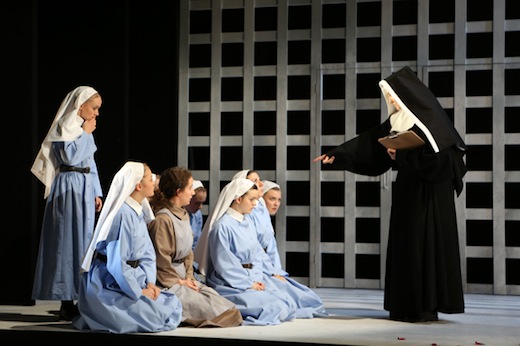
I wish I could be as enthusiastic about the Royal College of Music’s Die Zauberflöte, but I’m afraid it seemed to me wrong in almost every respect. Michael Rosewell, to whose conducting I owe many wonderful evenings, seems on the evidence of his account of the Overture to be a convert to the school of Harnoncourt at his most sadistic. Slashing downbeats, racing tempi, explosive sforzati, vibratoless strings, all indicate the unloving influence of something called period practice. For individual arias Rosewell relented and often accompanied with sensitivity and warmth, but only some of the cast were of a standard to benefit from his considerateness.
The outstanding performance (again this was the first cast) came from the Tamino of Gyula Rab, a young Hungarian, who when he told Papageno ‘Ich bin ein Prinz’ really seemed to mean it, and looked it, his dignity surviving even the lecherous maulings of the Three Ladies. The minimalist scenery, grey for the most part of the evening, did nothing to create a magical environment in which the events of the opera might occur, nor did the costumes (suits or jeans) of most of the cast.
In an adequate performance the music of Zauberflöte — some of the greatest ever composed by anyone — can make one overlook the blatant contradictions of the plot, and feel the work more as a ritual with contrasting episodes, in which Papageno and Monostatos are indeed comic, but other things too. Not here. The Papageno of Timothy Nelson sang adequately, but had no character. The Queen of the Night, Marie Jaermann, sang powerfully but lacked her top notes, while conversely the Sarastro of Simon Shibambu was imposing apart from his lowest notes. I expect to come out of Die Zauberflöte purged and made whole, however briefly, but that couldn’t have happened on this occasion.
Got something to add? Join the discussion and comment below.
Get 10 issues for just $10
Subscribe to The Spectator Australia today for the next 10 magazine issues, plus full online access, for just $10.
You might disagree with half of it, but you’ll enjoy reading all of it. Try your first month for free, then just $2 a week for the remainder of your first year.

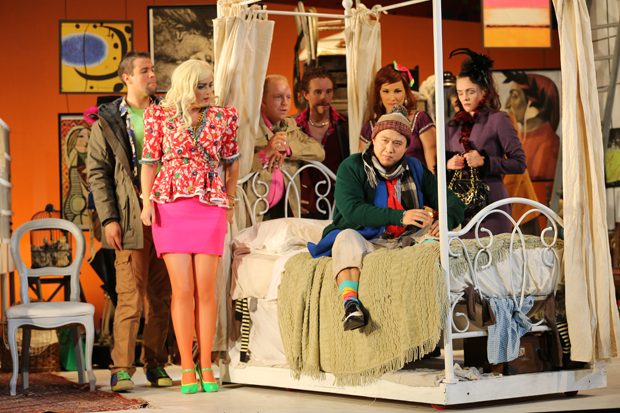

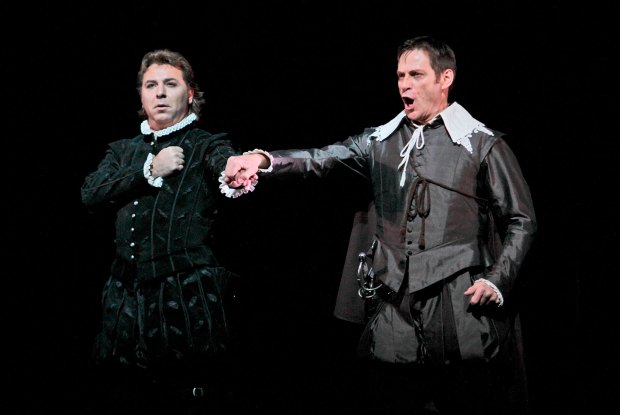
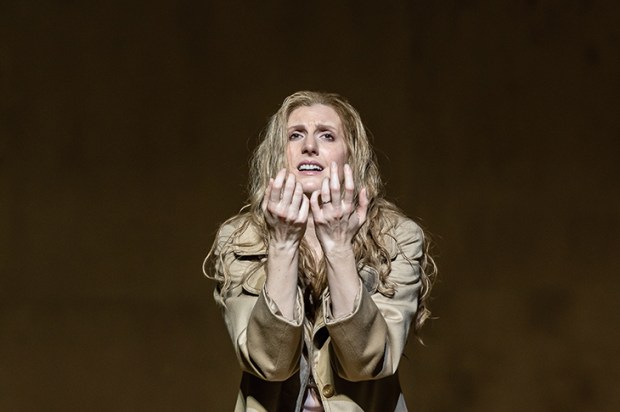
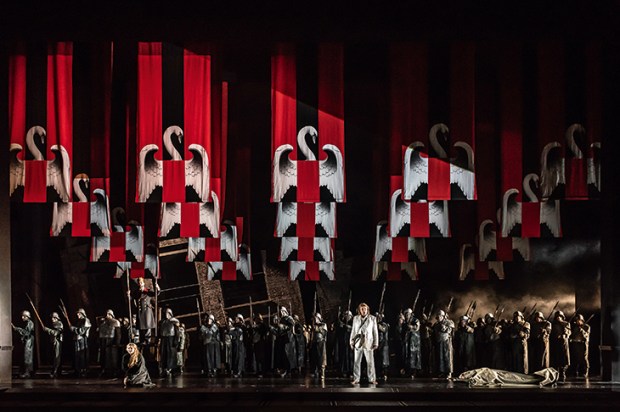
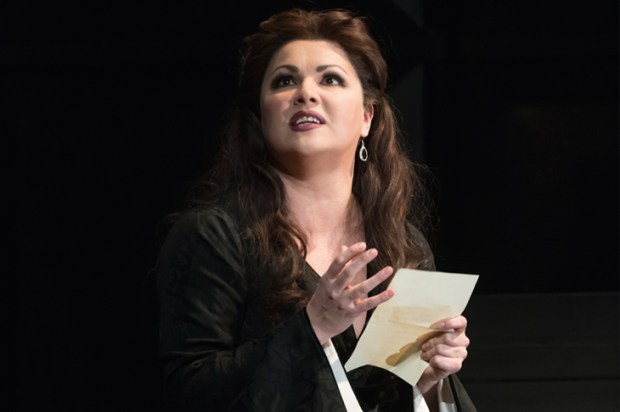






Comments
Don't miss out
Join the conversation with other Spectator Australia readers. Subscribe to leave a comment.
SUBSCRIBEAlready a subscriber? Log in